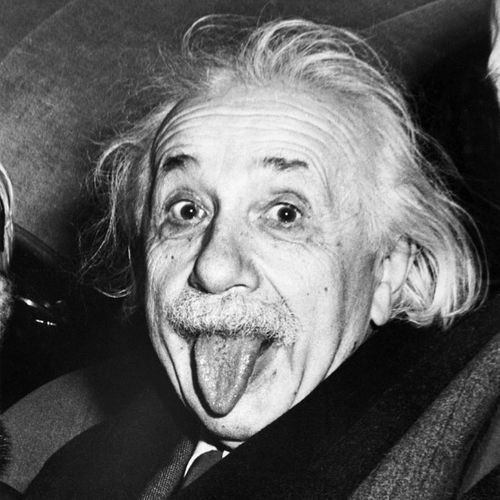GPS: When Einstein's Theory Met Navigation.
Aug 09, 2023 · 2 mins read
0
Share

Einstein's theory predicted that time behaves differently in strong gravitational fields. That means time moves slower near massive objects.
Save
Share
Now, fast-forward to the GPS satellites whizzing around in space. These clever devices have super-precise atomic clocks onboard. But here's the twist: thanks to Einstein, we know they tick just a teensy bit faster in weaker gravity zones.
Save
Share
These satellites are further from Earth's gravity pull. So, guess what? Einstein's theory tells us their clocks run faster than those down here on the ground.
Save
Share
But wait, "how does this affect the GPS?" Well, here's the thing: without adjusting for this 'time dilation,' GPS calculations would drift over time. Your navigation directions could go haywire!
Save
Share
So, the minds behind GPS programming made sure to factor in Einstein's time-tinkering theory. They tweaked the satellite systems to account for this cosmic clock quirk. Talk about science fiction becoming reality.
Save
Share
And there you have it! Thanks to Einstein's genius, your GPS is accurate to a tee. Next time you're using those navigation instructions, remember you're indirectly benefiting from one of the greatest minds in history.
Save
Share
0